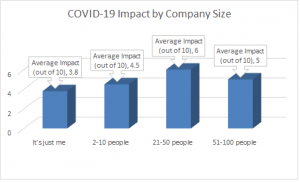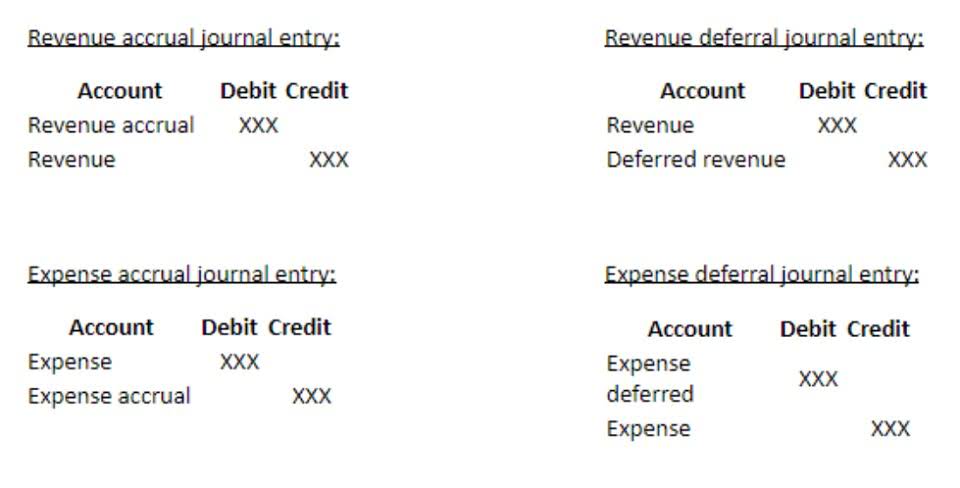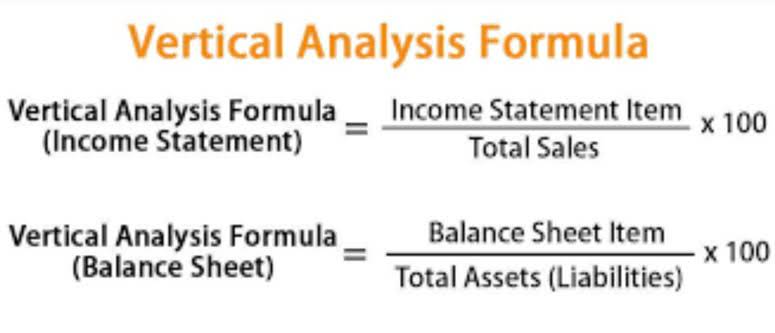
When considering bookkeeping options, businesses can choose between outsourcing bookkeeping services or hiring an in-house bookkeeper. Each option has its benefits and deterrents – especially regarding cost. They’re invaluable at managing finances, keeping track of general ledgers, understanding income balances, and much more.
- So if you’re ready to wave the white flag on handling your red and black margins, let one of BELAY’s experienced remote bookkeepers help.
- Even at the top of the range – $2,500 per month – it would cost your business $30,000 a year.
- Marketing the services that add value to your clients outside of your typical responsibilities is a great way to increase revenue.
- At its core, bookkeeping is about recording financial data, while accounting is about interpreting financial data.
- On top of this, it is also a bookkeeper’s job to keep everything organized.
- There is a number of key advantages to outsourcing your bookkeeping, including lesser costs, greater value for every dollar spent, and other tangible business-related factors.
- Business owners who wish to automate their financial tasks can use some of the latest tools on the market.
What Services Do Bookkeepers Provide? (And the Cost)

Essentially, a monthly accounting service offers a dedicated bookkeeper and tax accountant who work together for you under one roof. Bookkeepers look at transactional data, but accountants look at the big picture. The two different roles watch for different things; a bookkeeper is like a controller, and an accountant is like a CFO.
Recording Transactions
The less time you spend on bookkeeping and taxes, the more time you have to grow your business. A Certified Public Accountant will analyze and report on financial data. Typically, a CPA would be the one ultimately responsible for a company’s accounting policies and procedures, including bookkeeping bookkeeping costs for small business methods, monitoring and reporting. If a company does not have a CPA, then those duties may fall to an accountant. A business owner can pay hundreds of dollars per hour, depending on what’s needed. As with the hiring of a regular accountant, there is no standard industry pricing.
- An accountant would also generate financial statements and ensure that the business meets all government regulations requiring these reports.
- That’s why it’s important to consider a person who has at least a bachelor’s degree.
- The answer depends on the size of your business, your industry, and a few other factors.
- Perhaps you already have a system in place and just need your expenses and income recorded regularly.
- When deciding, be sure to consider the current demands of your business as well as what your small business might need as it grows and evolves.
Which Is Better: A Monthly Bookkeeping Service or Your Bookkeeping Software?
Most importantly, your accountant is a valued advisor who can help you with important decision-making. If you’re considering purchasing new equipment or taking out a line of credit, for example, your accountant can help you determine the financial ramifications your decision can have. In general, https://www.bookstime.com/ an accountant’s role requires higher expertise and education. This individual usually holds an accounting degree and is registered as a certified public accountant (CPA). To use that title, CPAs must pass the CPA exam—which is a highly valued credential in the accounting industry.

They also help business owners reduce taxes, reach financial goals, and increase cash flow. Above all else, an accountant advises small-business owners on how to optimize and improve their business finances. A full-time bookkeeper is typically expected to handle everyday accounts, keep account books in order, and take care of tasks that are small and large (invoicing, timesheets, generating reports, etc). If your company has a lot of employees, records a lot of transactions daily, or has complex financial systems, a full-time bookkeeper is a necessity rather than an option.

- Hiring a full-time bookkeeper at 40 hours per week at a rate of $14 dollar per hour (the low end of the average hourly cost cited above) will cost you $560 total for the week.
- However, more than 50% of small business owners surveyed pay at least $5,000 in accountant fees annually.
- Working with a bookkeeper can also help ensure your books stay clean and up to date so you’re always ready when tax season rolls around.
- The specific amount of an emergency fund may depend on the size, scope, and operational costs of a given business.
- It is possible to purchase cloud access so your team can better collaborate and access the software and its data from anywhere, but costs add up quickly with an additional monthly charge per user.
- But before you do, let’s look at some questions you should ask yourself before making the decision.
While it’s still outsourcing, hiring a freelancer is much like hiring an employee for in-house services, but you don’t have to pay for any benefits or added costs aside from the cost of the services. The good news for most small businesses is that they don’t need full-time bookkeeping services. If you only have a few employees and don’t do a lot of transactions or have hundreds of invoices to go through, you should be able to get by with part-time help.

Analyzing Expense Data for Business Insights
